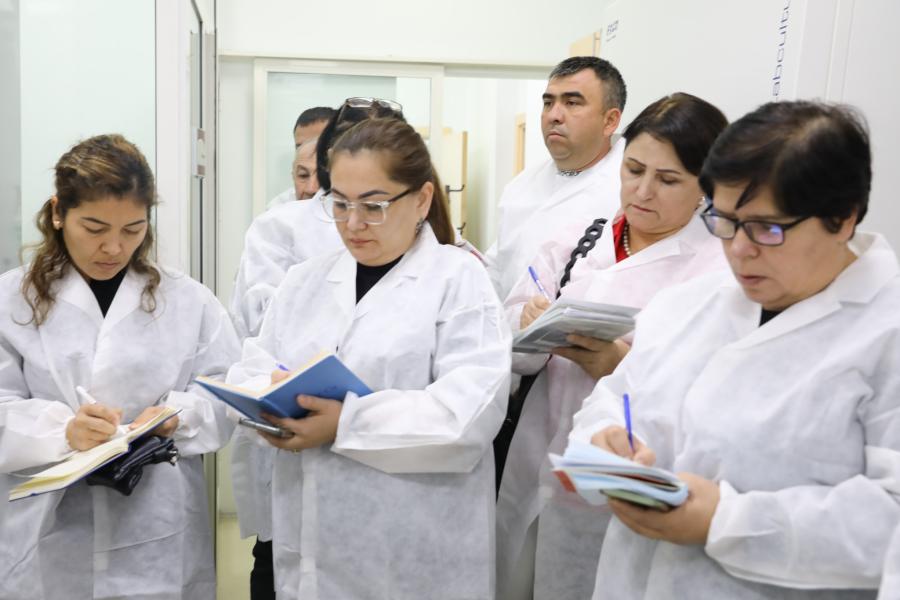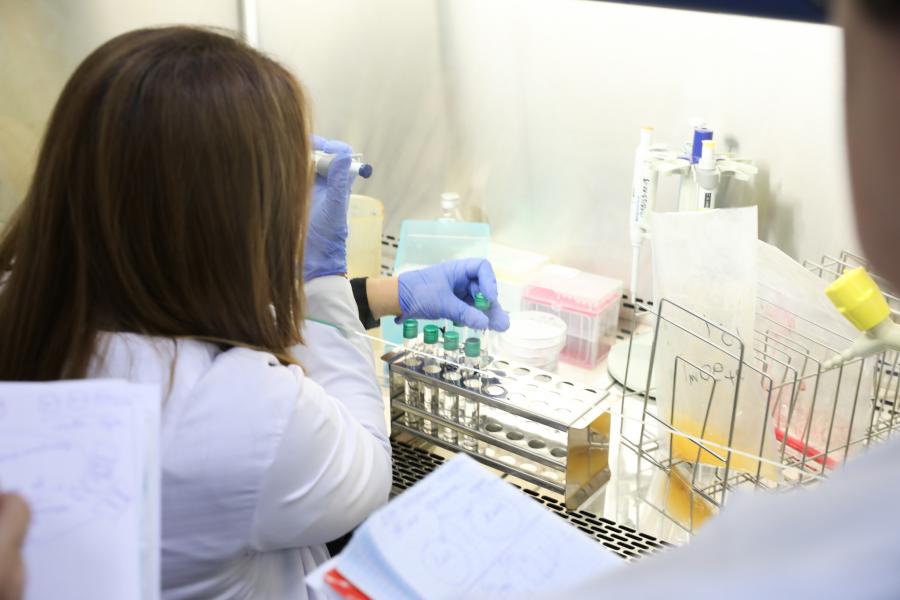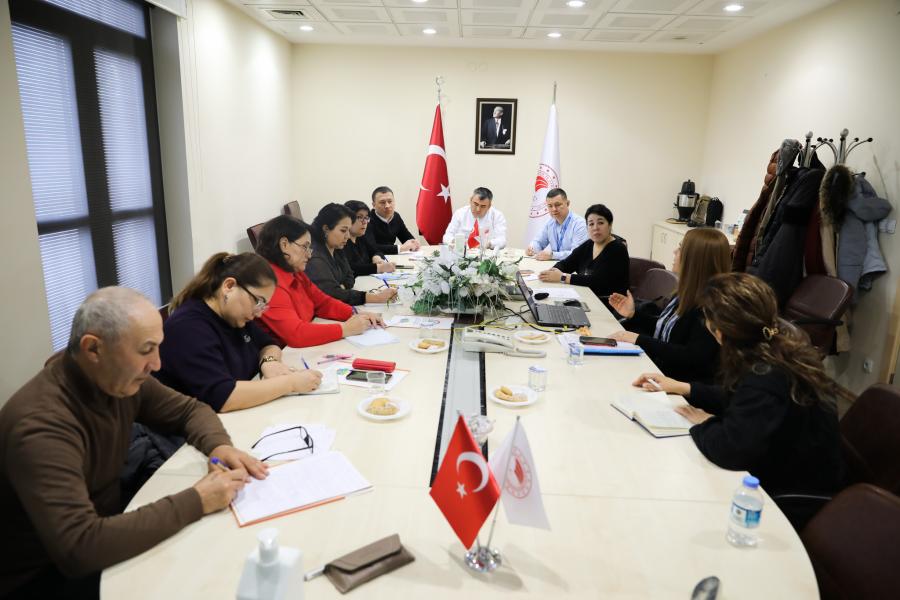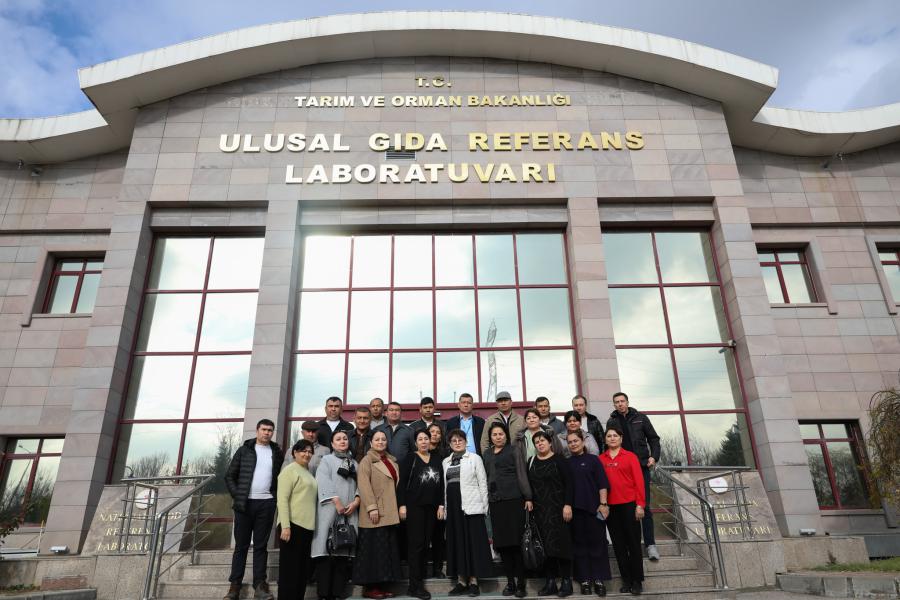Enhancing laboratory capacity in Uzbekistan through an International Standardization Program
29 November 2024
A 10-day program, organized by the Sanitary-Epidemiology Committee and UNOPS to equip 30 specialists with skills in lab accreditation and compliance with global standards, is coming to an end in the next few days.
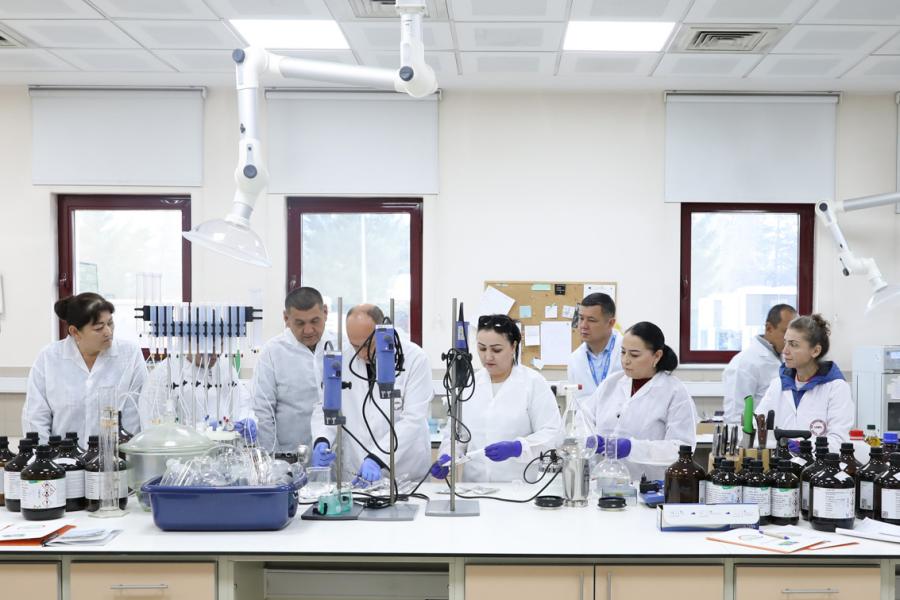
In today's highly mobile, interconnected and interdependent world, old and new threats to public health persist, and laboratories play a crucial role in addressing them. They help detect health risks, monitor diseases, and ensure that the food, water, and products consumed are safe. This includes threats from infectious diseases, as well as emerging risks from chemicals, radiation, and other environmental factors.
Ensuring the health and safety of citizens remains a priority for Uzbekistan. In a step to enhance the country’s public health infrastructure, the Sanitary-Epidemiological Welfare and Public Health Committee (SES), in collaboration with UNOPS, the Turkish National Reference Laboratory, and the Turkish Accreditation Agency (TURKAK), has launched an advanced training program, which is being held in Turkey from November 17 to 30, 2024. The training aims to enhance the capacity of national laboratories to meet international standards for testing, research, and safety.

"Before this training, we were aware of the importance of meeting international standards, but this hands-on experience has shown us exactly how it impacts our daily work. Learning directly from experts and seeing how modern technologies and methods are applied in practical labs is making a huge difference in how we test, monitor, and improve our laboratory results,” says Mirtokhir Rakhmatov, quality manager of the sanitary and hygienic laboratory in Tashkent.
The 10-day training program, designed for 30 specialists from national and regional laboratories in Uzbekistan, focuses on the study and implementation of internationally recognized methods in laboratory research. These methods cover a broad range of risk factors, including chemical, biological, radiological, and physical threats to human health. By strengthening laboratory expertise, Uzbekistan aims to meet the requirements of the World Trade Organization (WTO) and other international economic structures, such as the Eurasian Economic Union (EAEU), ensuring that domestic products meet global quality and safety standards.
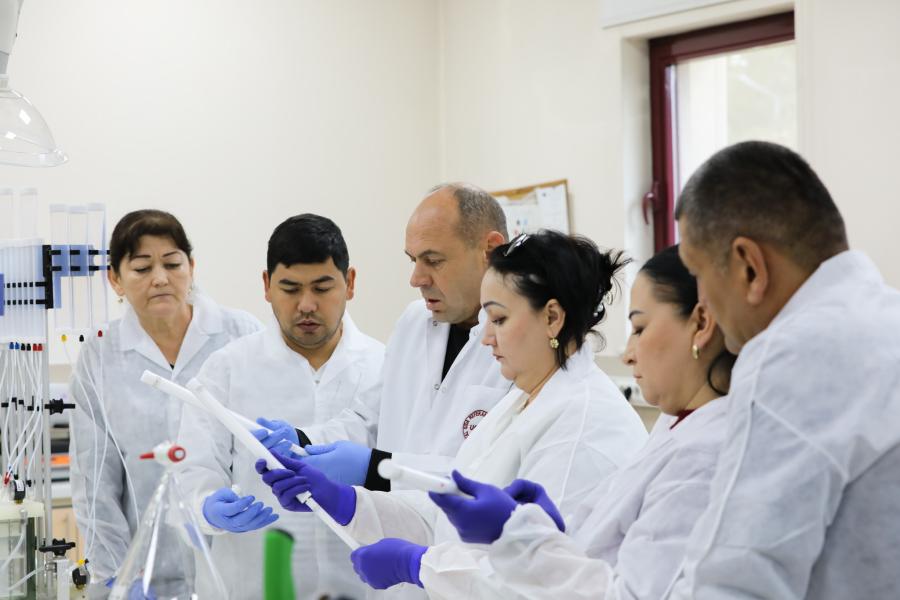
"Accreditation is a crucial process that ensures laboratories adhere to the highest international standards. By supporting laboratories in Uzbekistan to obtain international accreditation, we help elevate the country’s global competitiveness, particularly in meeting international benchmarks for product safety," noted Mahmut Köseoğlu, head of department at TURKAK.
Upon completion of the program, laboratory experts will have improved qualifications in the use of advanced high-tech equipment procured under Uzbekistan’s Decree #5129. Additionally, the scope of accreditation for laboratories will be expanded, enabling full compliance with WTO regulations.
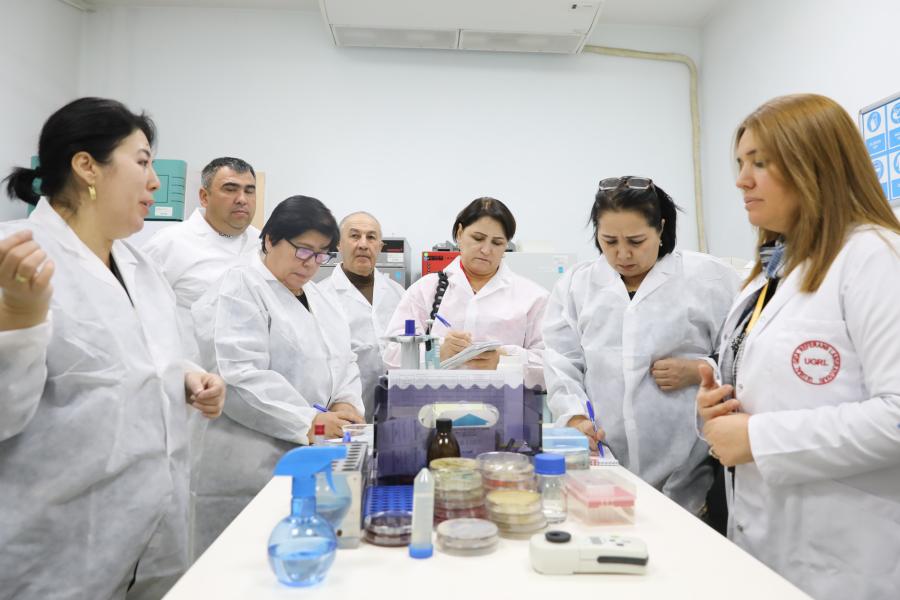
"This training represents more than just technical skill-building — it’s about creating a sustainable framework for laboratories in Uzbekistan to operate at global standards. By supporting this initiative, UNOPS is helping to ensure that the country is better prepared for future health challenges and that local products meet the standards required for international trade, " noted Simon Darke, UNOPS Senior Programme Manager.
